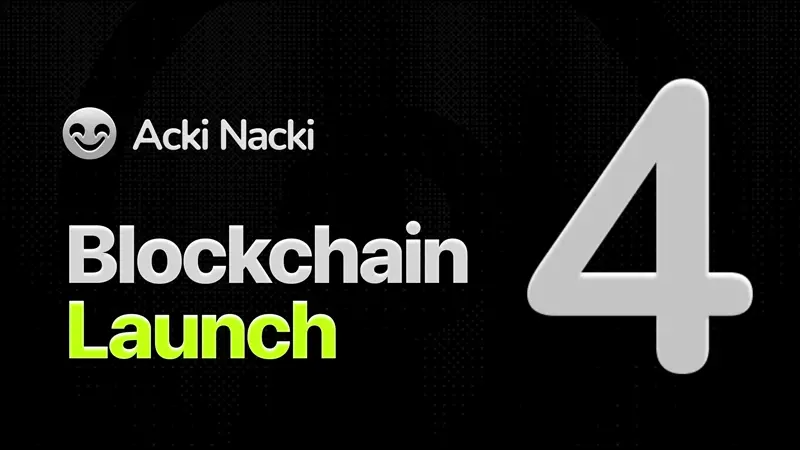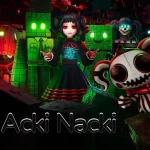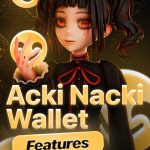NACKL isn’t used to pay for transactions. It’s not gas. It’s not a point token. It’s something bigger:
A claim on the network’s success.
You stake NACKL to help secure the chain — and in return, you earn a cut of all SHELL spent across the network. That includes every move made in Popit, every combo computed, every Popit twisted into play.
So in essence, every Popit move fuels the players — and rewards the stakeholders.
💰 Passive Rewards — with a Catch
Unlike many Proof-of-Stake chains, Acki Nacki doesn’t offer guaranteed staking rewards. There’s no “fixed APR.” Instead, rewards are dynamic, driven by:
-
How much SHELL is being spent (i.e., how active the network is)
-
How honestly and consistently you participate as a Block Keeper
-
Your “Reputation Coefficient” — a multiplier earned through ongoing, uninterrupted network contribution
In other words, NACKL holders are rewarded not just for staking, but for showing up.
You don’t just park your tokens and collect yield — you play a role in the system and get paid proportionally.
🎮 The Player-Staker Flywheel
This is where it gets interesting for Popit Game players who also hold NACKL.
Let’s say you’re:
-
Playing Popit regularly (spending SHELL)
-
Holding and staking NACKL (earning from network usage)
Now, your gameplay literally funds your staking rewards. And so does everyone else’s gameplay.
This closes the loop:
-
You spend SHELL → You help drive the economy
-
You stake NACKL → You earn back from the economy
-
You reinvest or use earnings → You power the system again
That’s the magic. NACKL isn’t just a governance token or speculative asset. It’s the “equity” in the platform — and the platform happens to be a real-time, multiplayer roguelike card game universe.
🧠 Deeper Implications for Popit’s Economy
1. NACKL Holders Have Long-Term Incentive to Improve the Game
More users = more SHELL spent = more value accrued to stakers. That means:
-
NACKL holders benefit when Popit Game grows.
-
They’re incentivized to contribute ideas, test features, and even develop new Popits or game modes.
-
We could see DAO-like structures emerge around Popit expansions or Popit balancing.
This aligns long-term health with long-term holders — something most Web3 games botch completely.
2. “Pay-to-Earn” Reimagined
In the Popit/Acki Nacki system, you can:
-
Spend SHELL to play.
-
Hold NACKL to earn.
-
Possibly even win or earn NACKL through gameplay or leaderboard achievements (if the devs choose to enable such sinks).
That means players can graduate into stakeholders. Over time, good players become part-owners of the network their activity enriches. It’s skill-to-equity, not just grind-to-earn.
3. Anti-Speculative Design, Pro-Utility Economy
Unlike most play-to-earn tokens that pump and dump, NACKL doesn’t exist to spike. Its value grows with usage, not hype.
The network discourages passive speculation:
-
No delegated staking pools.
-
No automatic compounding.
-
You have to participate to gain — either as a Block Keeper, Mobile Verifier, or engaged stakeholder.
🧩 TL;DR — What NACKL Does for Popit (and You)
-
🧱 Secures the chain Popit runs on.
-
🔁 Earns a cut of all SHELL spending across games and apps.
-
📈 Incentivizes long-term participation, not short-term pump games.
-
🧠 Transforms players into stakeholders, gradually and fairly.
-
🛠️ Supports a governance and reward loop that benefits everyone who’s actually involved.
In a traditional game, you pay to play.
In most Web3 games, you play to (maybe) earn.
In Popit Game on Acki Nacki, you play to contribute, stake to participate, and earn from the ecosystem you help build.




